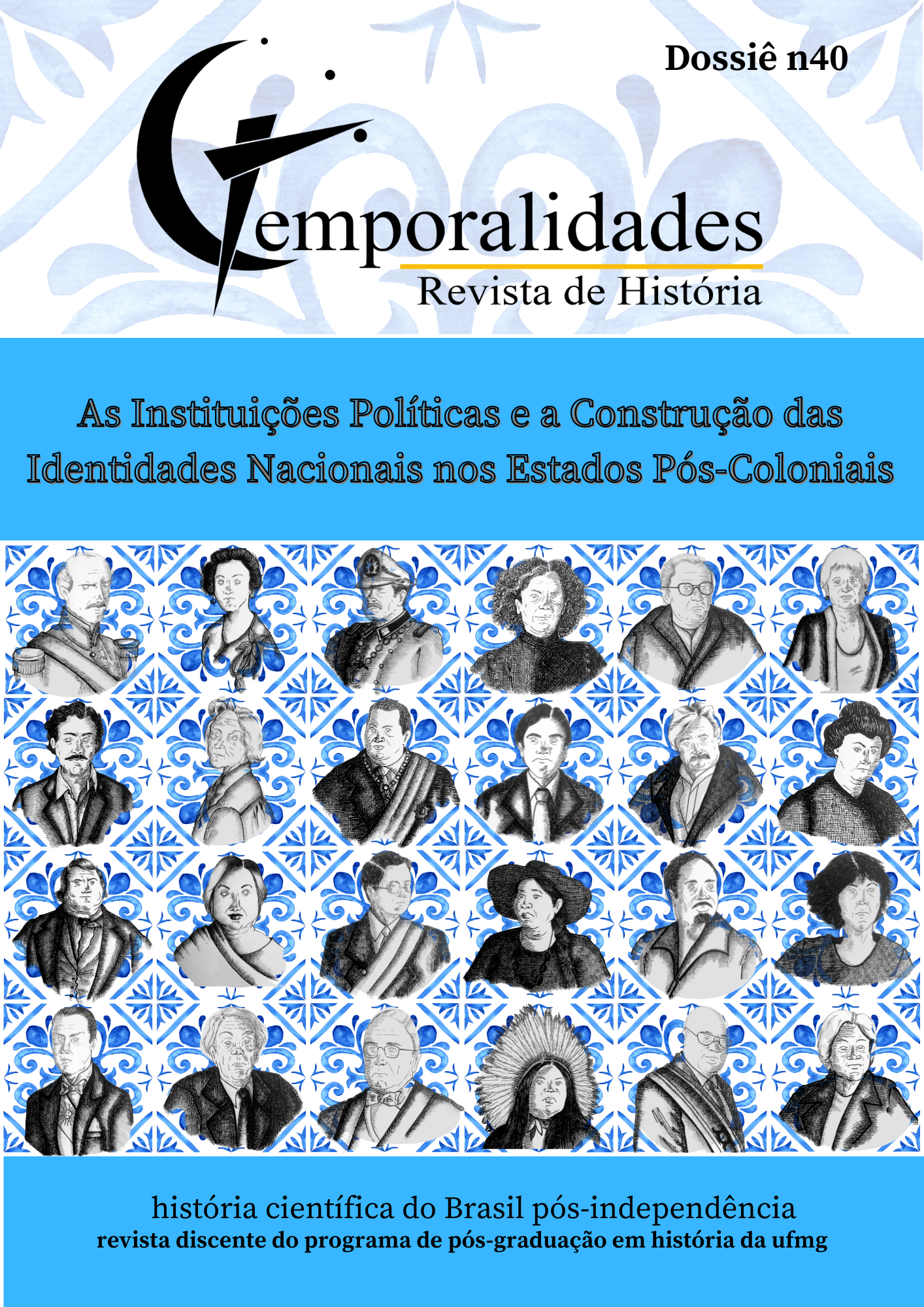Patrimônio cultural no Brasil
uma síntese do caminho construído
Abstract
The aim of this article is to offer a better understanding of the cultural policy in Brazil and also knowledge how this technique has become recognized as heritage by the State. Hereupon, it is observed how the immateriality of the cultural process is currently valued and how it turned out to be recognized within society itself. The transmission of this knowledge, its perceptions and meanings, passed from generation to generation, has always been present in traditional communities and in the rural areas. It has also being kept by the State through many registrations of its cultural collection. Furthermore, the people themselves are also responsible for protecting it. This article began by analyzing the country´s memory construction in the 19th century. Subsequently, projects were created and individual actions from some states were taken in order to protect the patrimonial material of their localities. In the 1930´s, SPHAN was created and later became IPHAN. A cultural policy was then developed, bringing modernizations not only to the concept of culture, but also recognizing policies to protect cultural heritage, including the immateriality of heritage.
Downloads

Downloads
Published
Issue
Section
License
Copyright (c) 2024 Gleidson De Pinho Tavares

This work is licensed under a Creative Commons Attribution 4.0 International License.
O(A) autor(a), para fins de submissão à revista Temporalidades, deve declarar que o trabalho aqui submetido é de autoria do mesmo e nunca foi publicado em qualquer meio, seja ele impresso ou digital.
O(A) autor(a) também declara estar ciente das seguintes questões:
Os direitos autorais para artigos publicados na Temporalidades são do autor, com direitos de primeira publicação para o periódico;
Em virtude de aparecerem nesta revista de acesso público, os artigos são de uso gratuito;
A revista permitirá o uso dos trabalhos publicados para fins não-comerciais, incluindo direito de enviar o trabalho para bases de dados de acesso público.
A Temporalidades adota a licença internacional Creative Commons 4.0 (CC BY).






